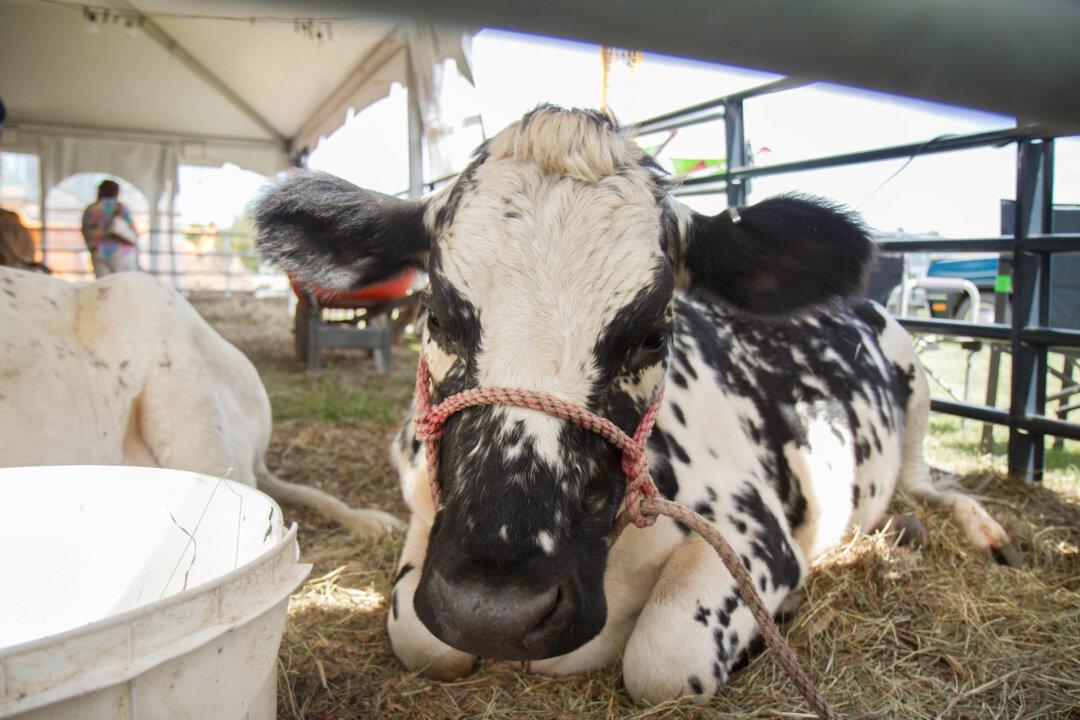GOTHENBURG, Sweden—Behnam, an illegal immigrant from Afghanistan, spends his days holed up in an apartment, afraid to leave, afraid of running into the Swedish police’s immigration controls. In the shopping malls, in the subway stations, immigration authorities have been said to check people’s identification.
Lately, the crackdown on illegal immigrants has been much discussed in the Swedish media, though authorities deny their methods have changed.
Two years ago, 45-year old Behnam (Behnam is a pseudonym to protect his identity) and his two sons were smuggled into Sweden with a load of cucumbers. The 10-day journey in the cold cargo compartment would be worth it, he thought. In Sweden, all of their problems would be over.
Benham tells his story from a room with drawn blinds. Speaking softly, sometimes fighting back tears, he recalls how he received death threats from the Taliban in his hometown because of his religious beliefs.
The Swedish Migration Board decided, after examining his case that it was possible for him to return to Afghanistan and live in another town. It rejected his application for asylum in December 2011.
Behnam has been in hiding ever since.
His sons, 10 and 13 years old, live with another family, and haven’t seen their father for almost a year. They don’t even know where he is staying.
“I don’t know what to do,” Behnam said in broken English. “I don’t want to stay here. I’m only doing this for my sons.”
He believes that as long as he stays away, his sons can get help from others. Undocumented immigrants are entitled to health care, and undocumented children are also entitled to schooling. If he is found, however, his sons will be sent back to Afghanistan with him.
Behnam’s wife and daughters are in Iran. The family was forced to split up during the escape from Afghanistan. He is deeply depressed and says he sees no future.
Behnam recently started hearing the acronym REVA from the mouths of his fellow undocumented immigrants. REVA stands for Rättssäkert och effektivt verkställighetsarbete (Legal and effective execution of policy). It is a joint project of the Swedish police and the Migration Board, which aims at finding and deporting illegal aliens.
Behnam pronounces “REVA” with fear.
He has heard many stories about people who were caught and sent back, allegedly to certain death, and he has not dared to go outside for a month now because of such stories.
“I have seen police officers in the shopping mall,” he said. ”They stop immigrants and control their ID. I know of people who don’t dare to go out, not even to buy food.”
REVA has also become something of a buzzword in Sweden, as a symbol for the perceived harsher climate for illegal immigrants. The police have been accused of racial profiling—standing around in the subway checking identifications based only on the person’s appearance, which is against Swedish law.
But some confusion surrounds REVA.
Jessica Fremnell, information manager for the Swedish Border Police, says REVA has nothing to do with the identification checks. The controls are something Sweden is required to do according to the Schengen Treaty, a treaty related to immigration controls in European Union countries.
Last year, the county of Stockholm performed about 10,000 identification checks in workplaces or residences. Fremnell says that these controls have been going on for years, and have not intensified, contrary to what many people, especially in Sweden’s major cities, believe.
Nevertheless, many Swedes of foreign descent have told the media lately that they were subjected to identification checks, allegedly based only on their appearance. Many have found this experience humiliating.
For Behnam, the REVA buzz means that he has simply stopped going out.
He used to do odd jobs, typically heavy labor, making something like $4 an hour. He ran an Internet café back in Afghanistan, but now he lives on money borrowed from friends.
He has visited a health center a few times, and got prescriptions for three different kinds of antidepressants, but he is still suffering from anxiety and can’t sleep at night. He says his only wish right now is for his family to be reunited.
Reporting by Susanne Willgren



